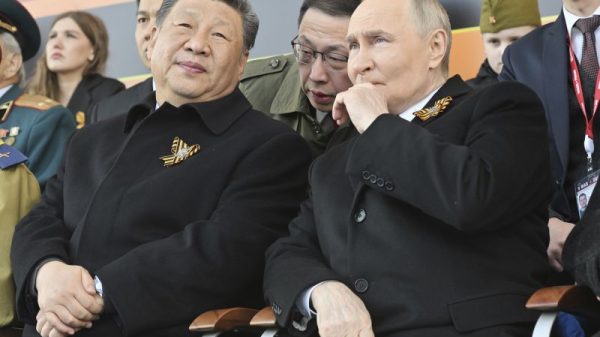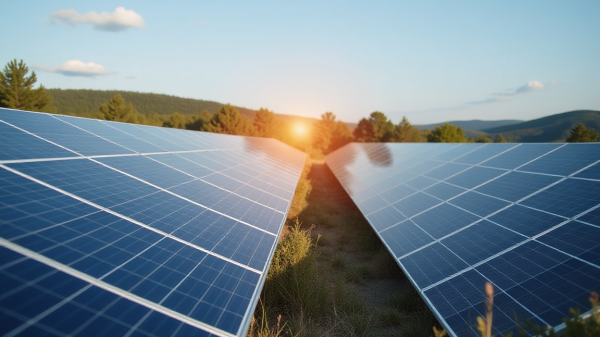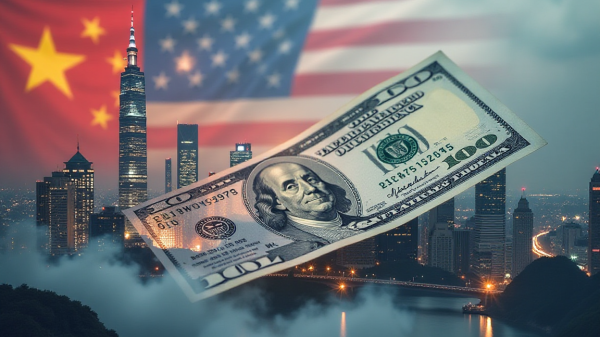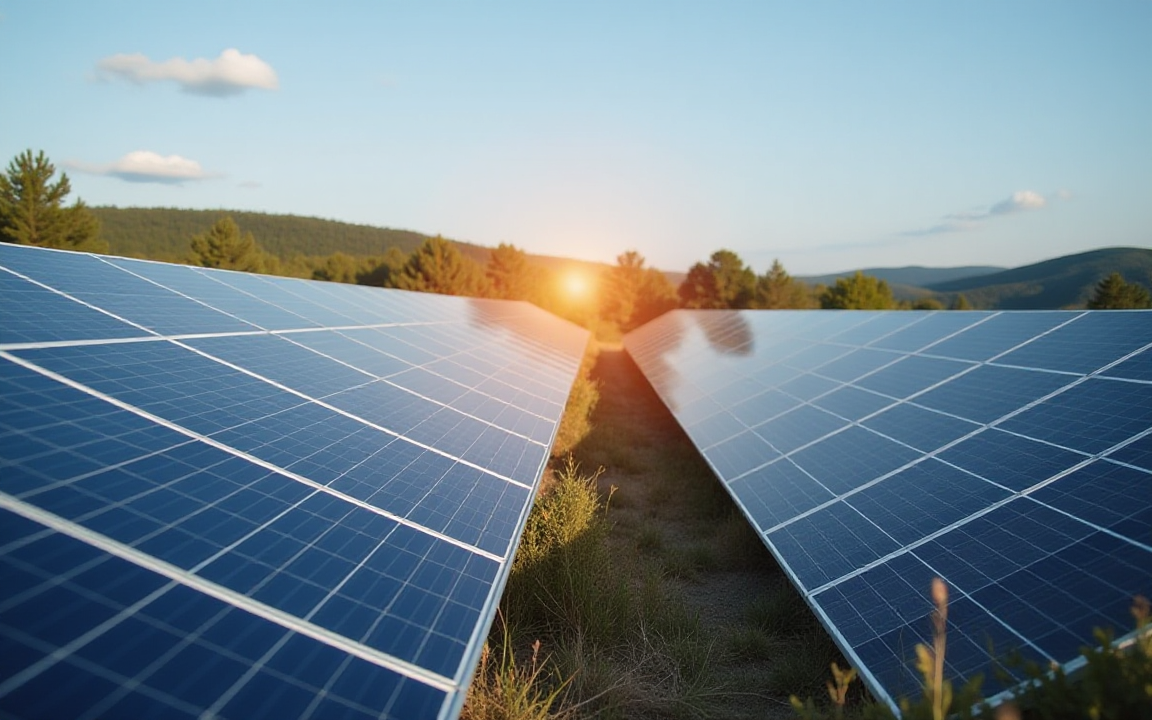Following the implementation of steep tariffs on solar panel exports from Southeast Asian nations like Cambodia and Thailand, Chinese-owned manufacturers in Laos and Indonesia increased their share of the US market, according to a Reuters report.
In April, the US government finalised significant tariffs on solar cell and module imports from Vietnam, Malaysia, Thailand, and Cambodia.
This action, following two earlier tariff implementations in June and November of the previous year, aims to counter dumping by predominantly Chinese-owned factories operating in these nations.
Tariff impact on Southeast Asian solar exports
According to the report, some Chinese companies have shifted their production to Indonesia and Laos, subsequently increasing their exports to the United States.
Following the late November imposition of the second round of US duties on nearby producers, the combined market share of Indonesia and Laos in the US solar modules market significantly increased to 29% in the subsequent three months.
This represents a substantial rise from their combined share of less than 1% in 2023, according to a Reuters analysis of US trade data.
Chinese companies established manufacturing in Southeast Asia primarily to evade tariffs and sell to the US at higher prices than the global average, according to analysts and industry experts.
This highlights the limitations of US trade interventions.
According to Yana Hryshko of Wood Mackenzie, the imposition of high tariffs will likely cause a significant reduction or complete shutdown of all solar manufacturing capacity in the four affected Southeast Asian nations.
Exports and imports
Following the initial tariffs in June, solar panel exports from Vietnam, Malaysia, Thailand, and Cambodia to the US decreased by 33% year-over-year over the subsequent nine months.
During this same period, trade data indicates that exports from neighboring Indonesia and Laos saw an approximate eight-fold increase.
Following the implementation of the second round of tariffs in late November, the combined market share of four unnamed countries in US solar panel imports decreased from 82% in the full year of 2024 to 54% in the subsequent three months.
Overall, US solar panel imports have declined by 26% since June.
Despite increased import costs from targeted nations due to the initial tariffs, US imports of solar cells, used for panel assembly in the country, have tripled.
Simultaneously, exports from Indonesia and Laos significantly expanded, increasing approximately 17 times and gaining market share.
Data indicated a substantial shift in US solar import composition following the initial implementation of tariffs.
Solar cells’ contribution to overall US solar imports has dramatically increased to approximately 28% since the tariffs were introduced.
This contrasts sharply with their much smaller share of 6.5% in 2023, highlighting a notable change in import patterns within the solar energy sector in the United States.
Market adjustments
Rystad Energy analyst Fei Chen stated that Chinese manufacturers are already adjusting their export strategies because of potential tariffs on Indonesia and Laos.
She said:
Several solar manufacturers plan to set up production bases in non-Southeast Asia regions such as Turkiye, Oman, Saudi Arabia, UAE, Ethiopia, to supply the US market.
Driven by high US import duties that have largely excluded them for over a decade, Chinese factories are increasing solar panel sales to markets in Asia and Africa, according to data from the energy think-tank Ember.
Chinese exports saw a significant shift in the first quarter of 2025, with Asia becoming the top destination, absorbing 37% (an increase from 25.4% in 2024).
Concurrently, Europe’s share of Chinese exports decreased to 34% from 41% in 2024, according to Ember data.
The post US solar tariffs disrupt global supply chains and reshape trade routes appeared first on Invezz































